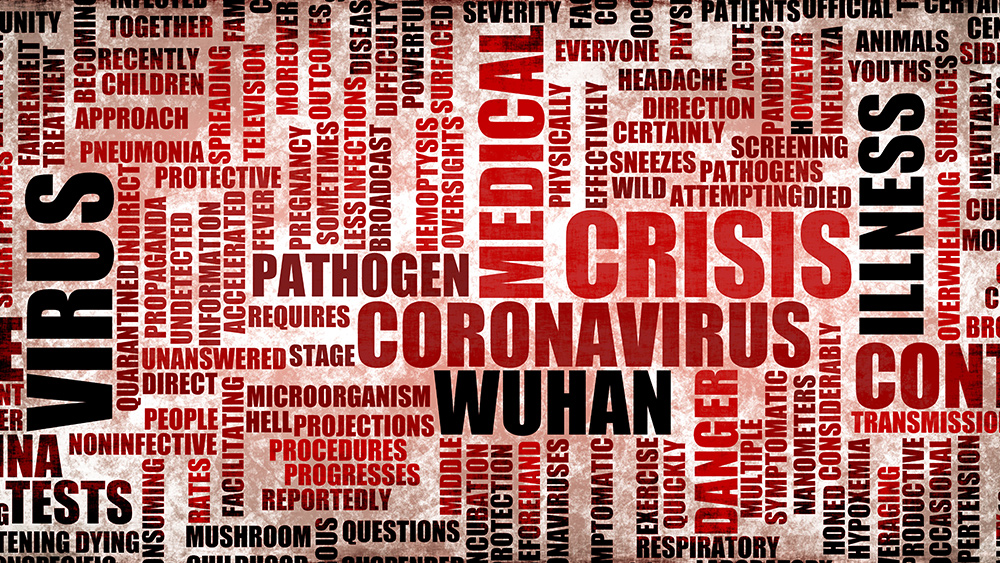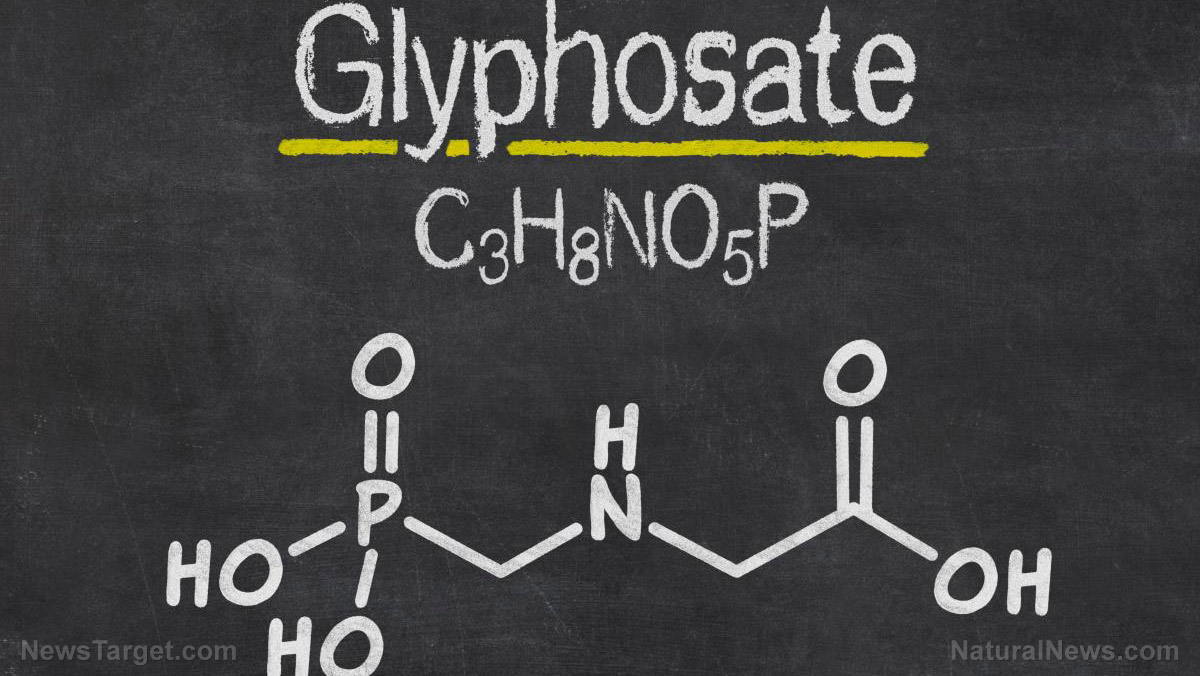AstraZeneca, FDA under fire for lack of transparency over US clinical trials for COVID-19 vaccine
11/19/2020 / By Virgilio Marin

Scientists have slammed the Food and Drug Administration for refusing to disclose its reasons for staying clinical trials for AstraZeneca’s coronavirus vaccine. The drug maker previously paused global trials for its vaccine candidate after a participant in the U.K. exhibited neurological symptoms. Currently, trials have resumed worldwide, except the U.S.
According to Gigi Gronvall, an immunologist at the Johns Hopkins Center for Health Security, both the FDA and AstraZeneca should be more open about why the trial for the coronavirus vaccine remains on pause, especially since it’s being developed under “extraordinary times.”
“It’s important for everyone to be transparent and honest,” Gronvall added. “Eventually, it’s the public who will either take this vaccine or not.”
For Ashish Jha, the dean of Brown University‘s School of Public Health, clinical trials for the COVID-19 vaccine demand utmost transparency, despite drugmaker’s practice to avoid giving out information in the middle of a trial.
Despite these calls, both the FDA and AstraZeneca have yet to explain why the trial hasn’t resumed. In a statement, the drugmaker only said that the FDA is still conducting a review of information and that trials will only commence after the agency sends its approval.
Lack of transparency, rushed pace undermine public trust
AstraZeneca’s vaccine candidate is among the leading vaccines currently developed in a race the halt the Wuhan coronavirus pandemic. It’s also one of the few candidates in phase 3 trials, the last stages of vaccine development. Jha has expressed concern that public confidence in getting immunized may wane with the trial’s continued stay.

When the pause was first announced in September, both AstraZeneca and the University of Oxford, which sponsored trials in the U.K., refused to go into detail regarding the adverse event. A document addressed to volunteers after resuming trials only said that the participant experienced “unexplained neurological symptoms.” Details of the adverse event – including what the condition was – were revealed only during a private conference call between AstraZeneca’s chief executive officer Pascal Soriot and some investors of the company. News website STAT gained access to the information shared during the call and reported that the participant exhibited symptoms of transverse myelitis, an inflammation of the spinal cord that can be triggered by an immune response to a virus.
It was also confirmed through the call that AstraZeneca’s vaccine trials had been halted before. In July, a participant exhibited neurological symptoms, which were later found to be caused by multiple sclerosis, an unrelated condition to COVID-19. (Related: Prediction: The insidious COVID-19 vaccine will infect you with a virus that will lead to an outbreak of a new COVID-21 pandemic.)
While researchers are legally required to keep patient information private, some experts question the decision to withhold further details of the volunteer’s condition on the basis of confidentiality. Bioethicist and physician Paul Komesaroff of Monash University in Australia said that it’s still possible to provide information in a manner that avoids identifying a particular individual yet still provides a summary of the issue.
“It is of concern that they sought to avoid doing so,” Komesaroff told Nature.
The backlash on AstraZeneca came just as public trust in COVID-19 vaccines appeared to be dipping in the past few months. In a recent survey of more than 10,000 U.S. adults, the Pew Research Center in Washington found that the number of Americans who would definitely or probably get a vaccine to prevent COVID-19 dropped from 72 percent in May to 51 percent in September. When asked about the pace of the vaccine approval process, nearly 80 percent said that it was moving too quickly without fully establishing safety and effectiveness.
Vaccines for COVID-19 are being developed under compressed timelines in a bid to stop the pandemic as early as possible. The federal government’s Operation Warp Speed aims to produce and deliver 300 million doses of vaccines by January next year.
Pandemic.news has more on the ongoing COVID-19 pandemic.
Sources include:
Submit a correction >>
Tagged Under:
AstraZeneca, Big Pharma, coronavirus, covid-19, FDA, infections, myelitis, pandemic, public safety, vaccine lies, vaccine trials, vaccines
This article may contain statements that reflect the opinion of the author





















